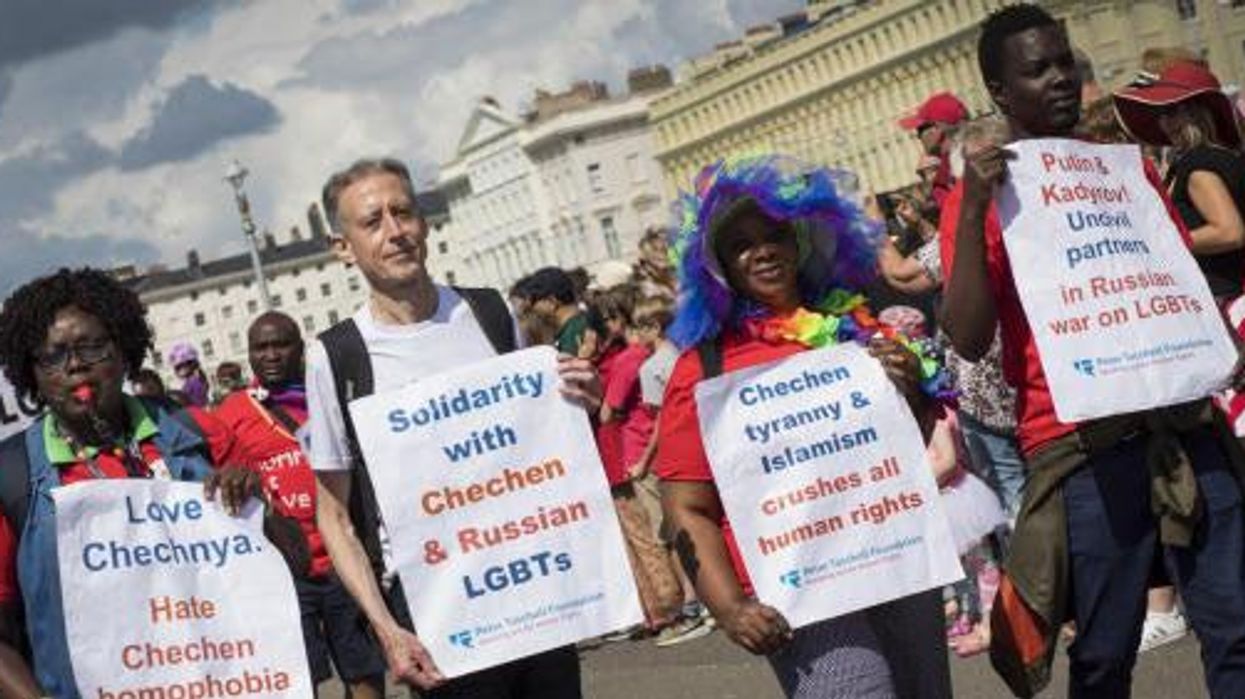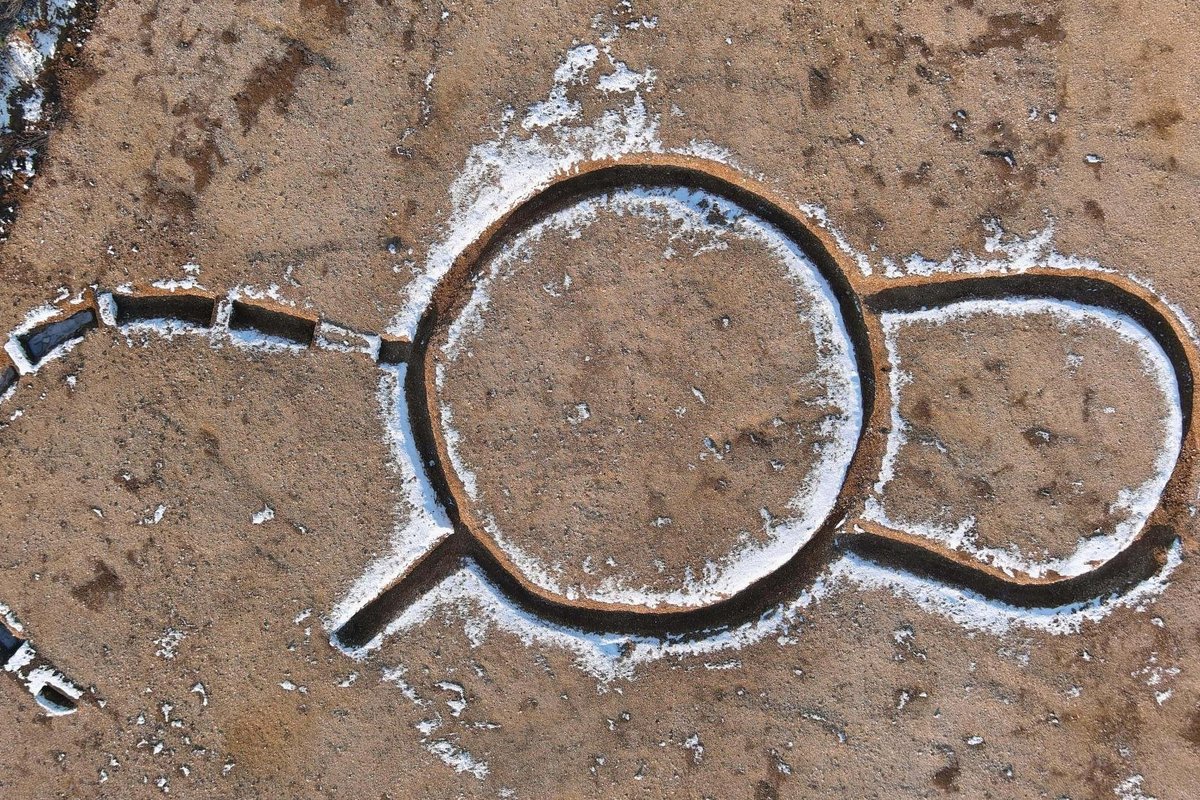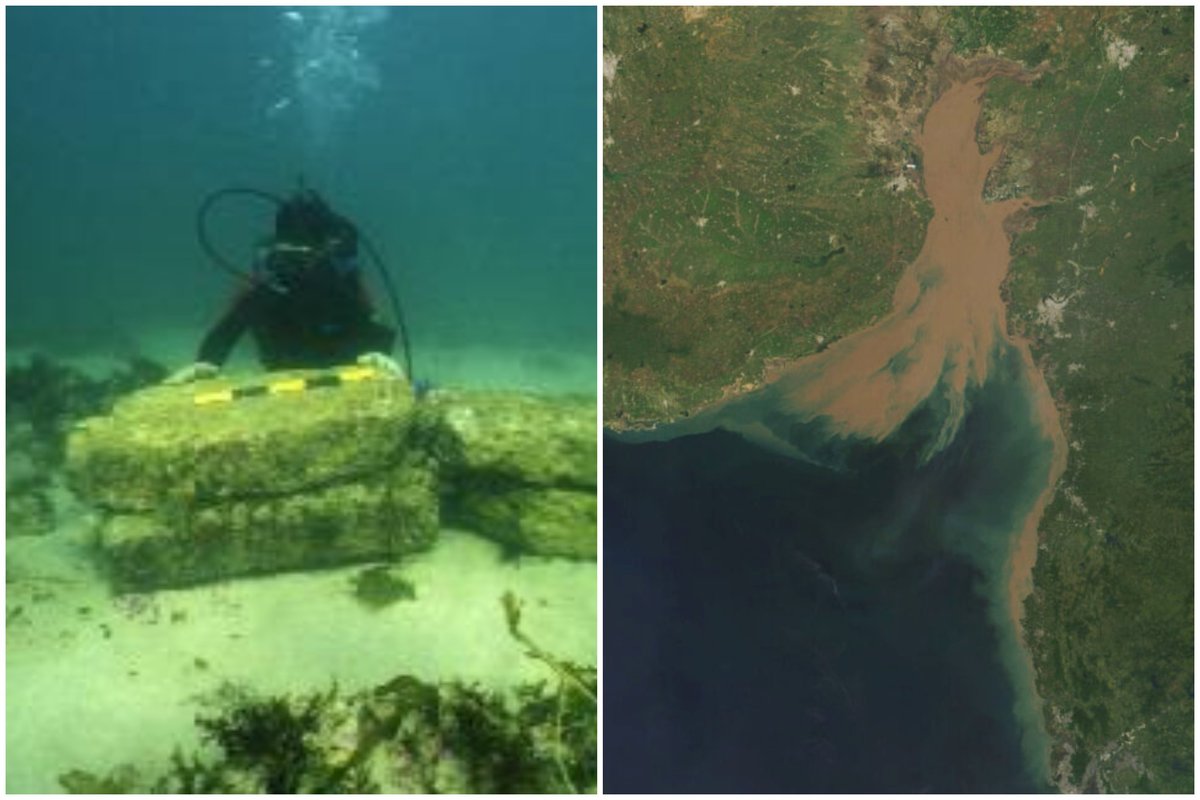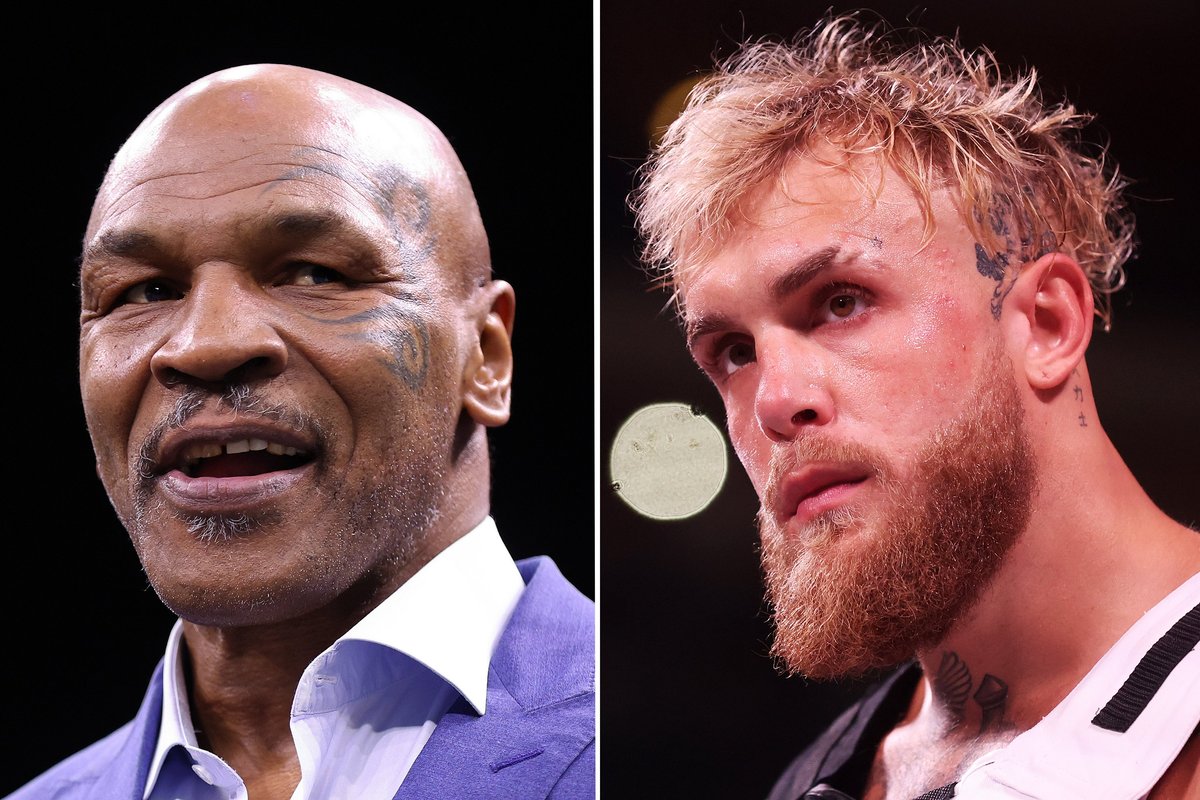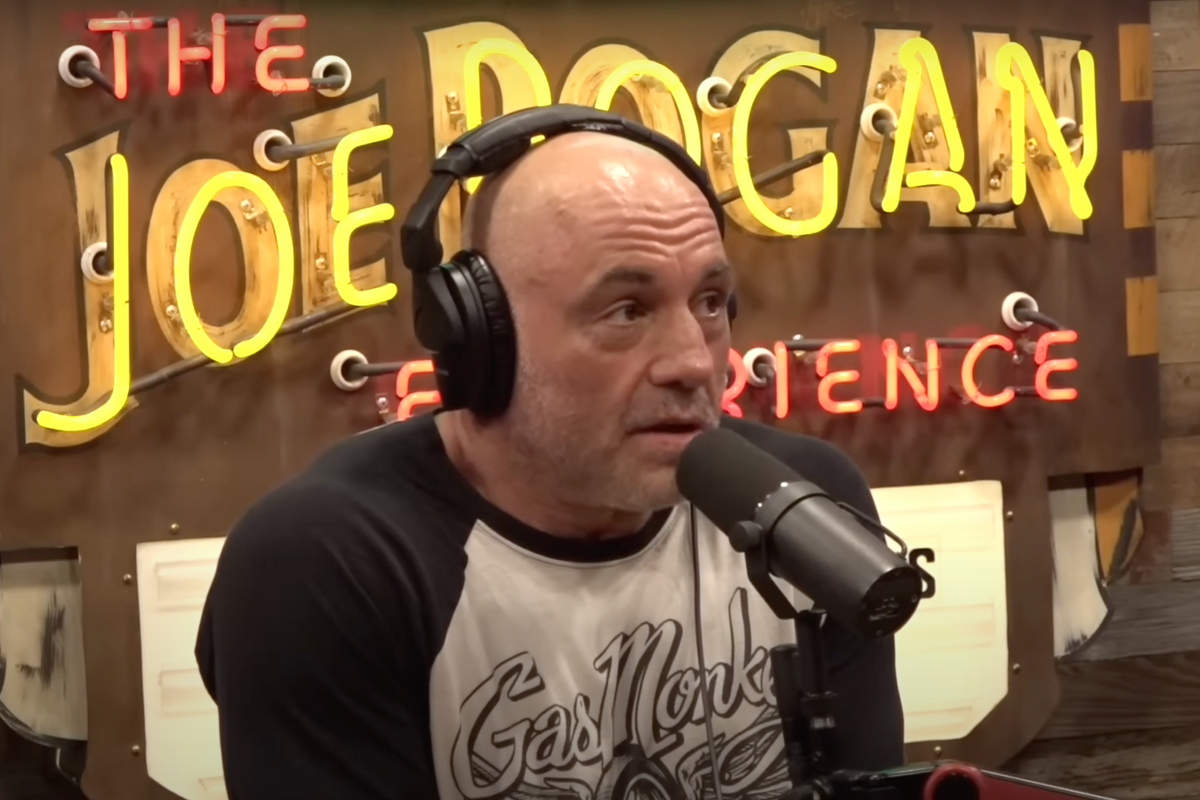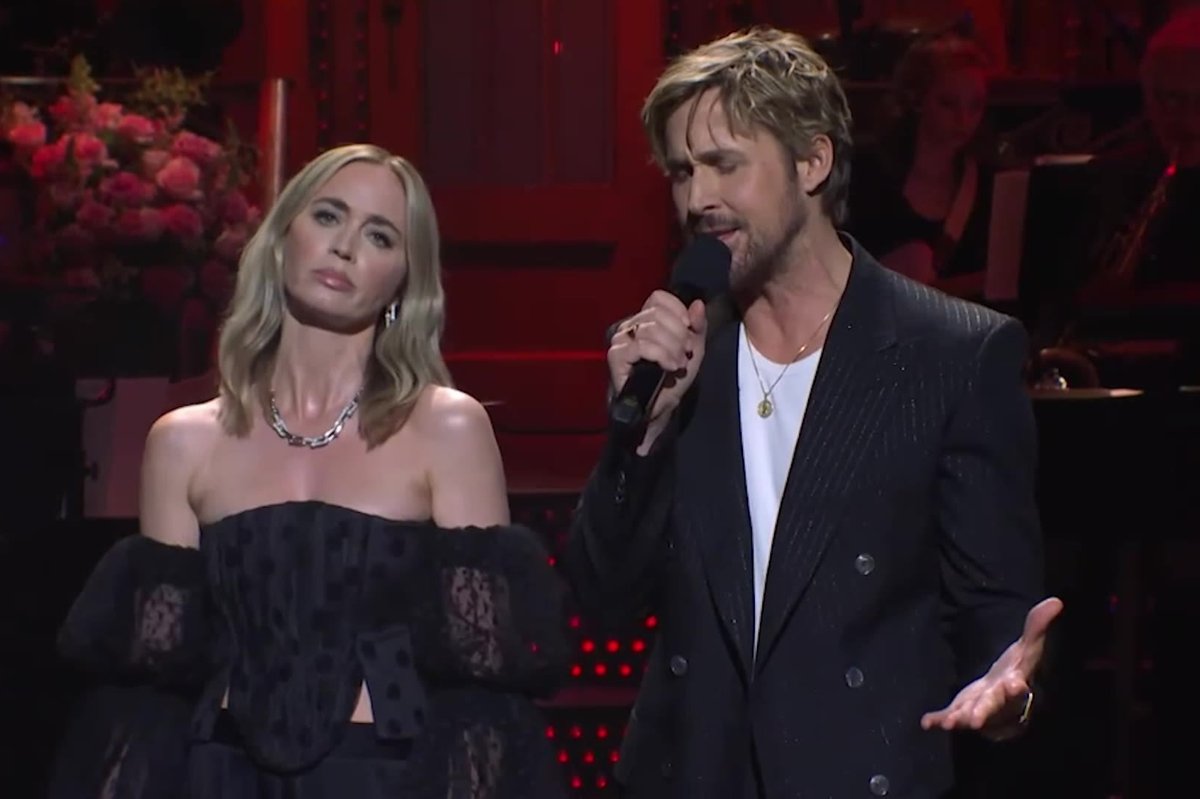News
Jake Hall
Jun 17, 2018
In 2007, activist Peter Tatchell was beaten so brutally by Russian neo-Nazis shouting "death to all homosexuals" that he suffered brain damage and permanently lost sight in his right eye.
At the time, he was amongst dozens of protesters in Moscow fighting for the rights of Russian LGBT+ people to hold a Pride parade. After the beating, he was arrested alongside various others, and spent several hours in police custody.
Unlike many of us, Tatchell has consistently demonstrated willingness to cast aside his own safety in order to challenge global human rights violations.
Not only has he attempted various ‘citizen’s arrests’ on former Zimbabwean President Robert Mugabe, who famously described homosexuality as 'filthy’, and marched on the frontline throughout Thatcher’s notoriously repressive regime, he has even created his own foundation – the Peter Tatchell Foundation – to protect the human rights of individuals worldwide.
Given this incendiary track record, it should come as no surprise that Tatchell’s recent return to Russia has already made headline news.
Just days ago, he stood solitary in Moscow’s Red Square during a peaceful, one-man protest.
“My message was to call out the Russian and Chechen regimes over their anti-LGBT+ persecution,” he clarified to indy100.
President Putin bears direct personal responsibility for the 2013 anti-gay law, which he supported and still defends.
He is the leader of all Russia, including Chechnya. He could stop the anti-gay ‘pogroms’ there, but has failed to do so.
Russian authorities last year launched an official investigation into allegations that hundreds of gay men had been imprisoned, beaten and tortured, but claimed they could find no evidence of human rights violations.
Months later, the first victim publicly stepped forward to recount graphic tales of extreme brutality. His story was passed on to an investigator, who – according to lawyer Vladimir Smirnov – severely mishandled the case and even violated the Code of Criminal Procedure.
Twelve months later, there is still no justice for victims of the purge, many of whom are refugees in desperate need of resettlement.
[Putin] could also authorise the arrest of the far-right extremists who target LGBT+ people for violent attacks. Again, he chooses not to.
I did not want to see Putin score an unchallenged PR victory during the World Cup. Russia should never have been granted the right to host this prestigious tournament, given the country’s appalling human rights record.
There can be no normal sporting relations within an abnormal regime.
By taking to the streets in peaceful protest, Tatchell once again opened himself up to arrest. He was detained and subsequently accused of an “unlawful protest in violation of federal law 54 and Presidential Decree 202,” both of which, Tatchell clarifies, are invalid “because they contravene the Russian constitution, which guarantees freedom of expression and the right to process.” Amnesty International has described his arrest as “outrageous.”
As part of the process, Tatchell was required to sign lengthy documents in Russian despite not speaking the language. He was not offered a translator, and therefore noted that he did not understand the documents alongside his signature.
As for his treatment, he recalls being held in an open holding area and dealing with junior officers, whom he describes as “courteous”, as well as a series of “very stern” senior officers.
I was worried that I might be detained in cells overnight with violent criminals and neo-Nazi extremists. In the end, I got off lightly.
If a Russian citizen had done this protest, they would have faced a massive fine and 15 days in prison.
This isn’t the only time the government has impeded upon citizens’ right to protest. Pussy Riot made international headlines when they were beaten and arrested for their ‘Punk Prayer’, whereas this year alone has seen protesters arrested for using inflatable ducks and even memes to spread their message.
Tatchell even claims that his 2007 attackers acted with “apparent police collusion.”
These human rights violations should be held under a microscope, but instead the world’s attention is currently being drawn to the World Cup.
Several partners and sponsors – many of whom have notably launched ‘Pride’-themed collections and aimed to financially benefit from support of LGBT+ communities in the past – considered pulling out but ultimately decided not to, allowing the event to go ahead as planned.
How could this happen? Tatchell explains:
Let’s start with FIFA. It awarded the World Cup to this homophobic country against FIFA’s own equality and diversity policies. The corporations sponsoring this football tournament are also colluding with a homophobic regime.
No sporting or corporate body should be facilitating or funding events in countries that do not uphold universal human rights.
Tatchell also expresses shock at the news that Qatar, which he describes as “another rogue regime”, will host the 2022 World Cup. He describes this as yet another “bad and dangerous decision” by FIFA.
The weeks leading up to the event have been fraught, with MPs issuing warnings to British football fans travelling to watch matches. In particular, these reports cite particular concern for LGBT+ fans, whom they fear would lack the support of the Russian state.
Elsewhere, reports detailed violent threats levelled at LGBT+ fans, some of which came accompanied by photographs of switchblades and promises to urge police intervention.
A gay couple has already reportedly been brutally beaten and robbed in Russia during the World Cup. Meanwhile, security coordinators are calling on police to crackdown on any activity which could be interpreted as a breach of the country’s vague, notorious ‘gay propaganda laws’, which were last year condemned by the European Court.
One Russian LGBT+ group has established a safety hotline for those who feel threatened, indicating that many more hate crime victims could be claimed over the next few weeks.
This mounting, well-documented tension this year led to a series of decrees, one of which aimed to crackdown on protests.
Again, Tatchell describes the decree as unconstitutional:
The ban on all protests during the World Cup contravenes the Russian constitution, which guarantees freedom of expression and the right to protest.
Not even President Putin has the right to void the constitution.
Despite this, Tatchell is scheduled to appear in Moscow court on 26June. “My big fear is that I could be stopped from leaving at the airport,” he says of plans to leave the country. “If I am allowed to depart, I’m afraid I could face arrest if I ever come back.”
This uncertainty may currently plague Tatchell, but his valiant actions have succeeded in bringing Chechen victims back into the media spotlight after many mainstream press outlets soon stopped reporting on the lack of justice.
When asked about this media reluctance to continuously cover the issues, he offers a diplomatic response:
You would have to ask journalists why their attention span on human rights abuses sometimes seems so fleeting.
More: If you're LGBT+ and travelling to the World Cup, this is what you need to know
Top 100
The Conversation (0)
x
